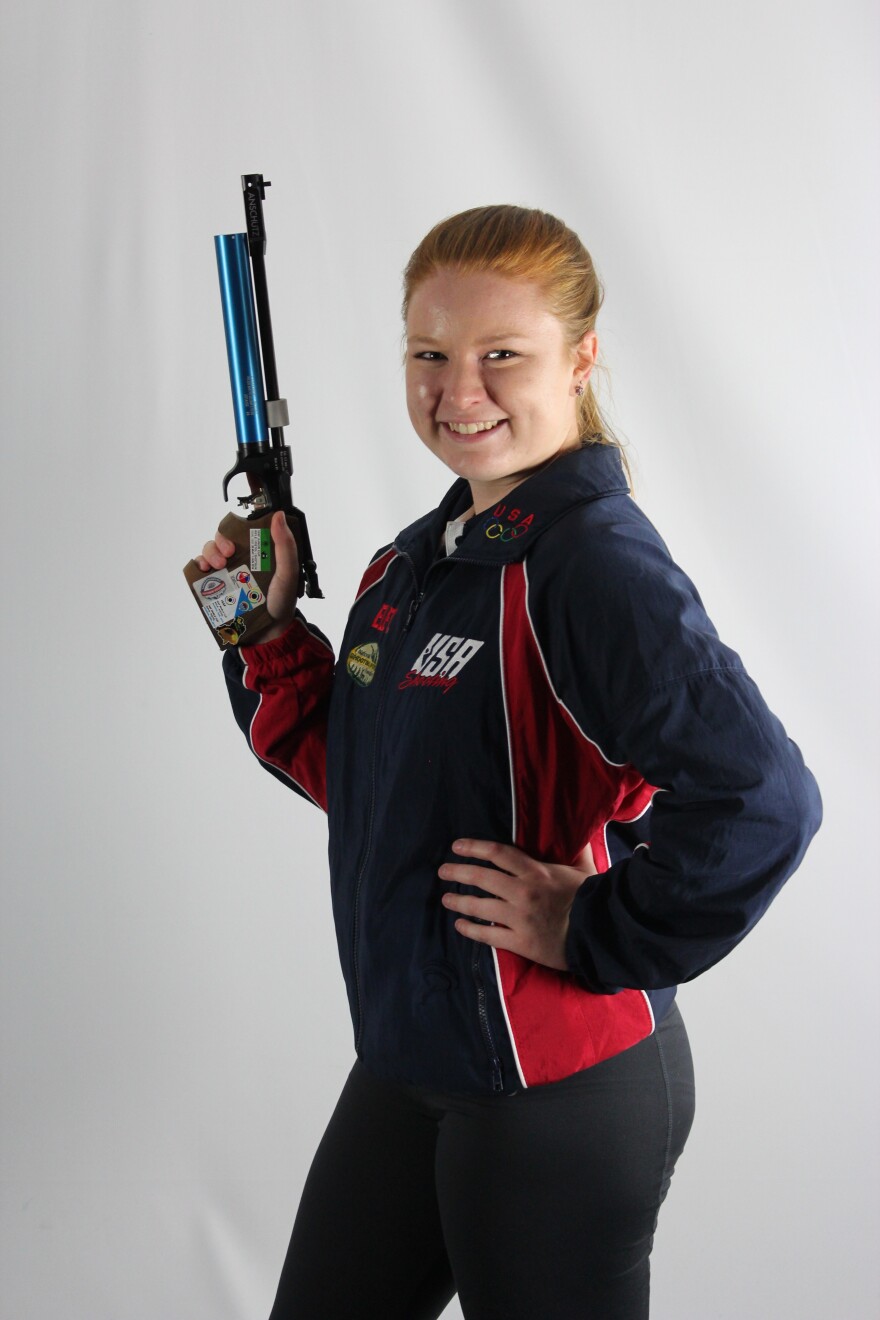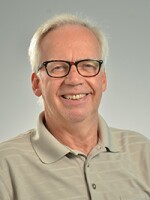USA Shooting athletes and the organization itself face a complicated situation every time a mass shooting happens. The governing body’s name alone is problematic.
“Guess what happens with our Google search terms or any time that comes up when a USA shooting happens?” USA Shooting communications director Kevin Neuendorf asked rhetorically. “We’re automatically linked in with that tragedy.”
It’s in those times that former Olympian Lydia Paterson of Kansas City, Kansas, and others play a crucial role as junior ambassadors for the National Rifle Association. Neuendorf says the ambassadors “help provide every bit of evidence of what good can come with a gun.”
USA Shooting and the NRA have a long history. The sport itself dates back nearly 125 years, to 1896, and the NRA was the governing body until 1995. The NRA, which didn’t offer a representative to be interviewed for this story, says it has now no formal partnership with USA Shooting or the U.S. biathlon team, which is a firearm sport in the Winter Olympics.

Yet, the NRA, which often rejects calls for gun control that follow mass shootings, pointed to its website on youth ambassadors. The ambassadors are nominated by NRA’s National Shooting Sports Youth Cooperative Organizations and go to national events.

Paterson’s time as an ambassador is nearly over. She was a national BB champion at the age of 13 and became a national team member of USA Shooting at 16 in air pistols while still attending Piper High School. Last year, she competed in the Rio Olympics and has since retired.
The 21-year old college student speaks strongly in favor of her sport.
“I want to leave an impression on people that it is a safe sport and that it is something that you shouldn’t be afraid to get your child involved with,” she says.
Alexis Lagan agrees. She narrowly missed out on the 2016 Olympics and trains in Colorado Springs with hopes of making the national team in 2020.
The daughter of a policeman, Lagan is also from Boulder City, Nevada, and had friends who were at the country music concert on Oct. 1 in Las Vegas, where a gunman opened fire from a nearby hotel, killing 58 people and wounding more than 500. Her friends heard bullets whiz by, she says, but they weren’t hurt. Still, she was shaken.
“I couldn’t gather my thoughts well enough to even talk to some of my friends for a couple of days,” Lagan recalls. “It was very difficult,” to the point that she says she had trouble keeping it together at the range.
“How do you address people coming from a shooting sport saying that it’s a bad guy? It’s not the guns,” said Lagan. “It’s not that when I know my friends had been shot at. It’s terrifying.”
But Lagan is steadfast about separating the sport she loves from mass shootings, to the point that is has affected friendships.

“There’s a lot of people who have found out that I’m a shooter and cut me off entirely, people that I’ve been very close to,” she says. “It’s very difficult. But it’s also not fair for people to compare me to these horrible people, these horrible tragedies.”
For Paterson, she says she doesn’t see her role as an ambassador as political, and she tries to put a positive spin on the sport itself.
“It’s unfortunate that there’s different political, different things that say (bad things) against our sport when our sport is truly a safe sport,” she says. “It’s something that we can enjoy just as much as any sport that involves a ball.”
Paterson won’t rule out a return to competitive shooting someday down the road. But for now, she knows the sport she loves is constantly a target.
Greg Echlin is a freelance sports reporter for KCUR 89.3.



